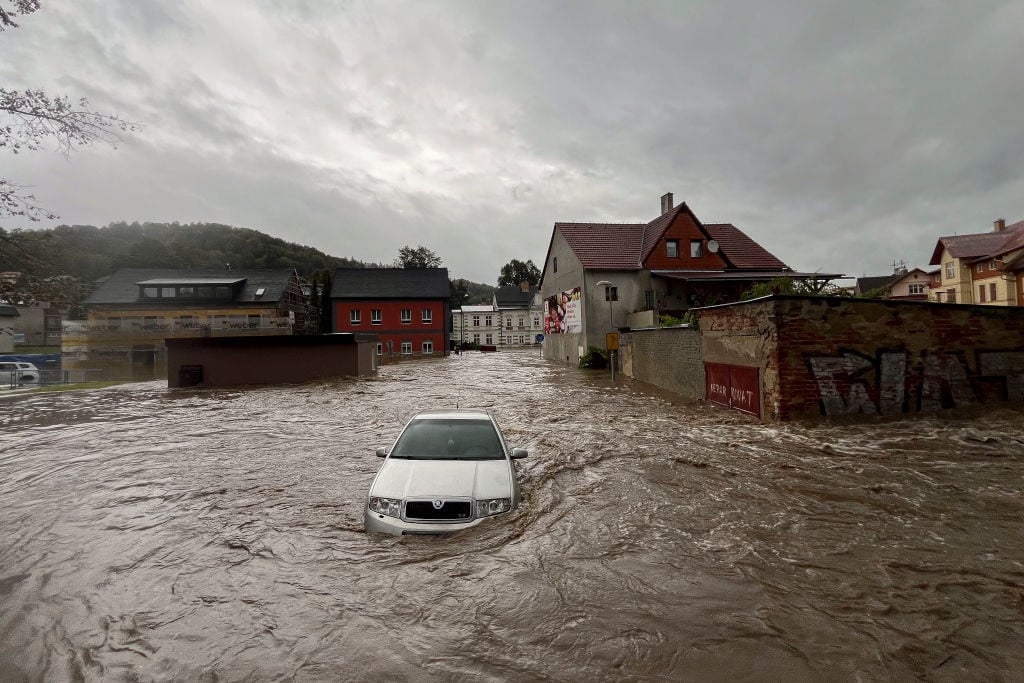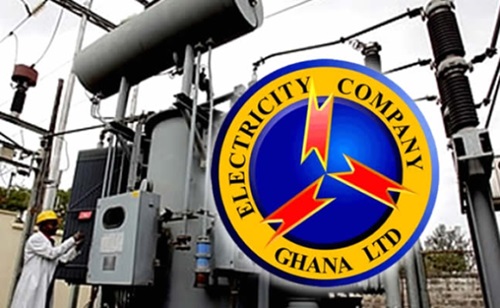- Boeing's defense unit chief Colbert is departing, CEO says
- FTC sues drug middlemen for allegedly inflating insulin prices
- Why Eli Lilly and Palo Alto Networks are both up on news from their competitors
- 401(k) savers can access one of the 'rare guarantees' in investing, CFP says
- Recharging mitochondria—nanoflowers offer a new way to simulate energy production to improve aging ailments

Team proposes AI-powered approach to establishing a 'carbon-neutral energy city'
A joint research team has developed key technologies to realize "Urban Electrification" using artificial intelligence (AI). Their findings have been published in the journal Sustainable Cities and Society. The team includes researchers from the Renewable Energy System Laboratory and the Energy ICT Research Department at the Korea Institute of Energy Research (KIER)
Urban electrification aims to reduce the use of fossil fuels and introduce renewable energy sources, such as building-integrated solar technology, to transform urban energy systems. While this concept is relatively unfamiliar in the Republic of Korea, it is being promoted as a key strategy in the U.S. and Europe for achieving carbon neutrality and creating sustainable urban environments.
In traditional urban models, energy supply can be easily adjusted using fossil fuels to meet electricity demand. However, in electrified cities, the high dependence on renewable energy leads to greater variability in energy supply due to weather changes. This causes mismatches in electricity demand across buildings and makes the stable operation of the power grid more challenging.
In particular, Low-Probability High-Impact Events (LPHI), such as sudden cold snaps or extreme heat waves, can cause a sharp increase in energy demand while limiting energy production. These events pose a significant threat to the stability of the urban power grid, potentially leading to large-scale blackouts.
The research team developed an energy management algorithm based on AI analysis to address power grid stability issues and implemented it into a system. The demonstration of the developed system showed an 18% reduction in electricity costs compared to conventional methods.

- September 19, 2024
Organic thermoelectric device can harvest energy at room temperature

- September 19, 2024
ECG privitisation: Who will put money in a failing organisation?


- September 19, 2024
PURC missed the point on Cash Waterfall Mechanism, fuel purchases – ECG

- September 17, 2024
Where in the world is closest to becoming a '15-minute city'?

- September 18, 2024
Zimbabwe to cull 200 elephants to feed people left hungry by drought


- September 16, 2024
Central Europe factories and retailers shut in flood-hit areas

- September 16, 2024
Typhoon Bebinca hits Shanghai, strongest storm since 1949



- September 20, 2024
Investigating heat transfer for PEM fuel cell cooling channels
Subscribe to our mailing list to get the new updates!

Subscribe our newsletter to stay updated
Thank you for subscribing!


